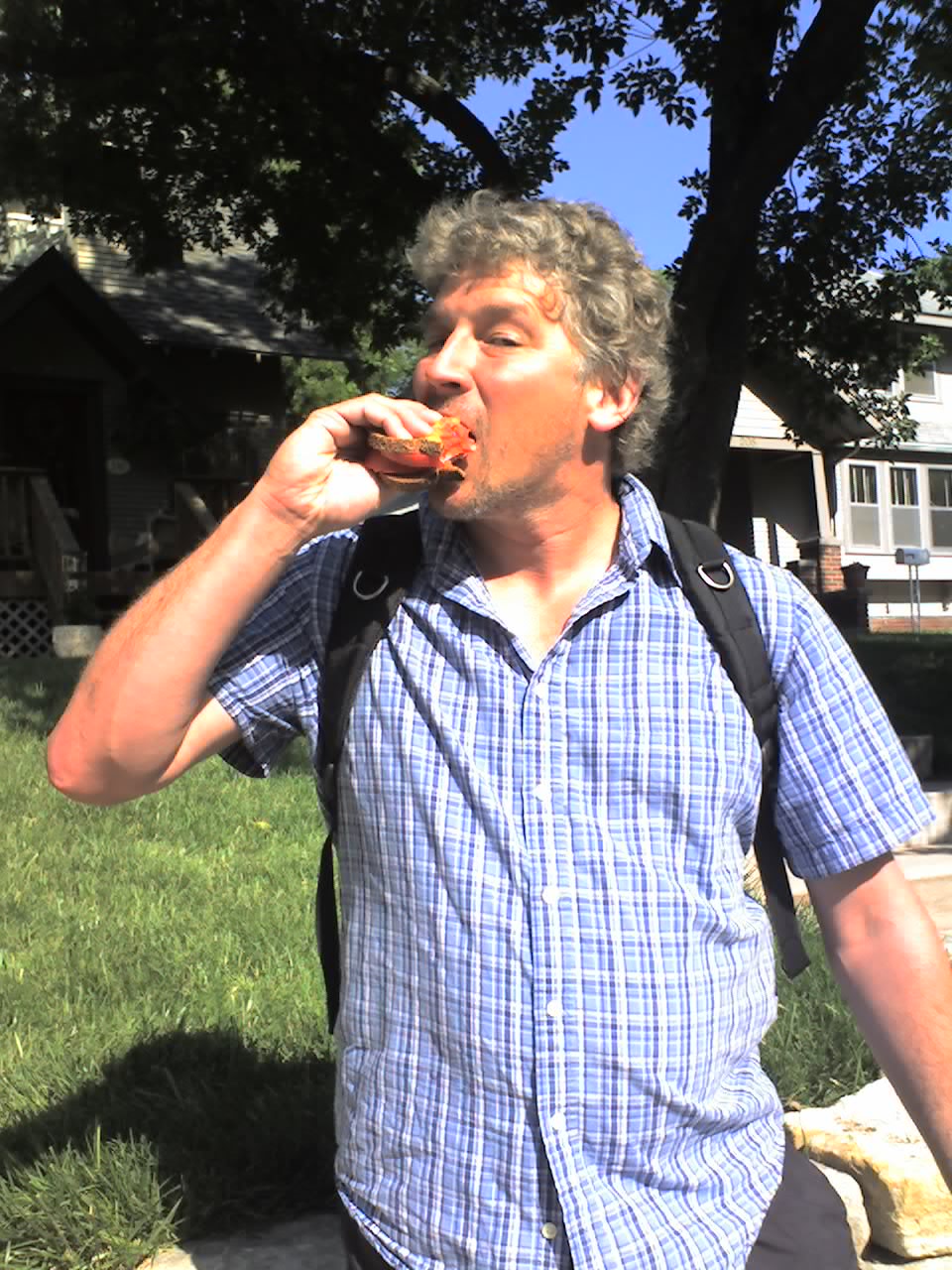Since April, 869 persons infected with Salmonella Saintpaul with the same genetic fingerprint have been identified in 36 states and the District of Columbia.
On July 1, 2008, Jonathan D. Rockoff of the Baltimore Sun, and many others, reported that investigators probing the salmonella outbreak that mysteriously keeps infecting Americans have expanded their hunt beyond tomatoes and are looking to see whether other produce may be responsible, federal health officials confirmed yesterday.
 It was the strongest indication to date by the Food and Drug Administration and the Centers for Disease Control and Prevention that weeks of focus on tomatoes as the culprit may have been a mistake, something that state health officials and other scientists increasingly fear.
It was the strongest indication to date by the Food and Drug Administration and the Centers for Disease Control and Prevention that weeks of focus on tomatoes as the culprit may have been a mistake, something that state health officials and other scientists increasingly fear.
"The tomato trail is still hot. It’s a question of whether other products are getting hotter.”
Dr. David Acheson, associate FDA commissioner for foods
"If they say it’s not tomatoes, then how many other commodities will be affected? We have a lot of reasons to be angry."
Tom Nassif, president, Western Growers Association
"Things definitely have to get better. No one in public health and no one in industry can be satisfied how this outbreak was handled."
Amy Philpott, United Fresh Produce Association
"In a digital age should we still be using paper and pencil to try to figure these things out. It certainly seems illogical at this point that we don’t have a more expeditious way to deal with traceability."
FDA’s Acheson, wondering whether pushing the food industry to move to computerized record keeping might speed investigations in the future.
"We might have added every other vegetable in the country. This is crazy, absolutely crazy."
Reggie Brown, executive vice president, Florida Tomato Growers Exchange
"It is like a detective trying to solve a case. We often have to rely on people’s memory of things that are not very memorable, such as what they ate last week or the week before. They may not realize or remember that the things they ate have many different ingredients."
Robert Tauxe, Centers for Disease Control
There’s a growing misconception in the public that if tomatoes really were to blame, the outbreak would only have lasted six weeks. That’s just not true, he said, pointing to farms that rotate harvests so as to keep producing tomatoes for months.
David Acheson, FDA’s associate commissioner for foods
"I really think that what Katrina did to FEMA, this salmonella issue is going to do the FDA. They are going to have to learn to be much more prudent in ringing the alarm bell until they determine the source of whatever contamination they may be dealing with.”
Bob Spencer of West Coast Tomato, Florida
